How Rhea Chakraborty’s Arrest Unveils the Many Layers of Patriarchy in India
After popular actor Sushant Singh Rajput’s suicide at his residence in Mumbai, there was a huge outpour of rage. People were angry about our society’s easy dismissal of mental illness, about the nepotist nexus of Bollywood, and the denial of opportunity to worthy artists due to this exclusive organisation. It might have seemed like Sushant’s untimely death would lead to the generation of a very needed discourse on mental health, but as the case was further investigated, things turned very, very ugly.
On July 25, Sushant Singh’s father registered an FIR against his girlfriend Rhea Chakrabarty for ‘abetment of suicide’, cheating, and theft, alleging that she had withdrawn Rs. 15 crores from his bank account. A proper police investigation would have led to an unfolding of events that might have led up to the actor’s death. It would have brought to light if Rhea was indeed guilty of the accusations held against her. That is how the criminal justice system in a democracy must function – along legal lines, with only the concerned authorities making inquiries, and only the Courts holding a proper trial. The media, however, took it upon itself to hold a media trial of Rhea, before the cops had even filed a charge sheet. What was initially just sensationalism, with a quest for high TRPs, soon turned into a dreadful display of the deeply ingrained patriarchy in our society and power systems.
Rhea’s public image was slandered, using the vilest, age-old ideas of witchcraft, brainwashing, and gold-digging – all sexist notions that have persisted over decades and are used continually to attack women over their sexualities, identities, and endeavours. The notion of ‘brainwashing’ only exists when women occupy a dominant role in romantic relationships. Sushant’s family portrayed Rhea as a villainous woman who forced her son into drugs – as if he wasn’t an able-minded adult who could make his own choices.
On 2nd August, Aaj Tak featured a story with the tagline, ‘Kya Rhea Karti Thi Sushant Par Kala Jadoo?’ (Did Rhea practise black magic on Sushant?) A Bihar minister termed her a vishkanya (literally, poisonous woman). Several online media portals on YouTube and Facebook resorted to name-calling and slut-shaming, using words like daayan, and chudail. Vilifying women using slurs that term them demonic supernatural entities is not a new practice. Women have always taken the brunt of these cultural myths. The archetype of the chudail or daayan has been used since forever to attack women who dared to step out of the bounds of the oppressive family system. These were women that ‘ate up’ their husbands and sons. Examples were made out of these women – often childless, young widows, or ones who ran away from abusive households. Examples to the other, ‘good’ women, that straying from the norm leads to violence and desertion and death.
Appearances, always matter, when it comes to women. Rhea’s public appearances and sartorial choices were analysed constantly by media channels. When she wore a white kurta with her head covered by a dupatta, she was asking for sympathy and portraying herself like an ‘innocent angel’. When she was in western clothing, she was not sad enough, her mourning was a lie and a farce because now it was suddenly evident that she had killed Sushant Singh. Her infamous T-shirt that read ‘Smash the Patriarchy’ was somehow a symbol of her ‘feminazi’ ideology that made her push her boyfriend to his demise.
In fact, Rhea’s arrest for consumption and possession of drugs lies in a deeply misogynistic notion as well. Marijuana, the drug that she was detained for, is one used very commonly throughout the country, and a large part of the people celebrating her arrest were all men who partake in it as well. The very idea that a woman could smoke weed, even buy it on her own was so unacceptable to people, that they cheered someone’s arrest for a crime they all have committed, and will continue to commit! YouTube, in effect, is replete with songs with titles like Rhea toh r*ndi hai (Rhea is a slut). Her Instagram and Twitter comments are filled with hate speech and violent rape threats.
None of the male actors in the industry ever accused of any crime has been slandered the way Rhea has been. Suraj Pancholi was actively defended by media persons when his girlfriend Jiya Khan died by suicide, even after she left a suicide note, blaming him for her actions, while she was termed an ‘unstable, weak’ woman. Salman Khan’s entire case of drunk driving and murder was treated almost humorously by everyone, and when Sanjay Dutt went to jail, he was given teary farewells on primetime TV news.
Indeed, Rhea’s predicament was multiplied due to the fact that she is not the pious girlfriend, one that would be a servile, submissive wife in the future, that the country accepts and expects women to be. A woman living with a man without marrying him and smoking weed with him does not comply with the ideal of the ‘good woman’ that she should have been. Would she have been vilified and calumniated in the same fashion, had she been a saree clad, a weeping woman mourning her lover’s suicide with religious rituals? The way in which her private chats with Mahesh Bhatt and other people were scrutinized publicly, and she subsequently accused of having sexual relations with him and Aditya Thackeray in order to move forward in her career (at the helm of these accusations were many YouTube media portals) based on only on assumption shows the deep insensitivity and prejudice the media carries in all its reportage.
The picture of Rhea surrounded by media persons, crowded on all sides while a mic digs into her side is a perfect representation of the mess the media coverage has been on this case. There has been a distasteful violation of personal boundaries and an abhorrent display of misogynistic values. In all the fight against nepotism, many seem to have forgotten that Rhea herself is an outsider to the industry. All the proponents of mental health have taken a watchful backseat to the slander and harassment of a woman, based on allegations and theories alone. What has been under trial has been her agency and independence. The media in the country is finally reaching its steady demise, as we are seeing over and over again.




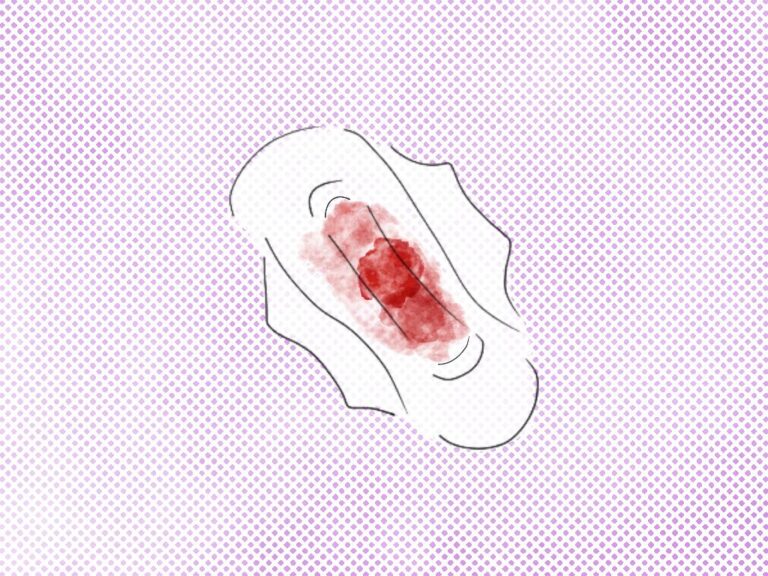
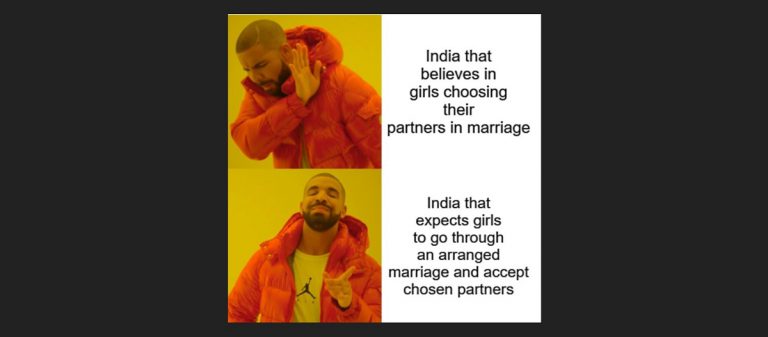
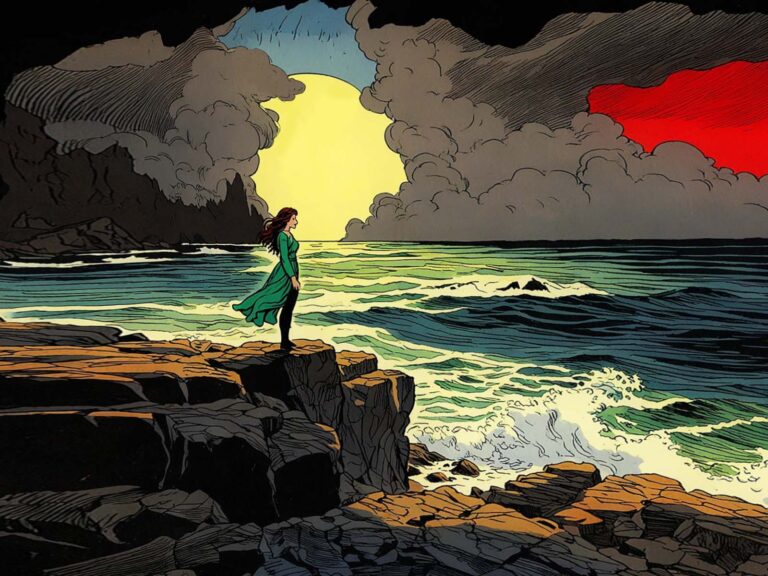
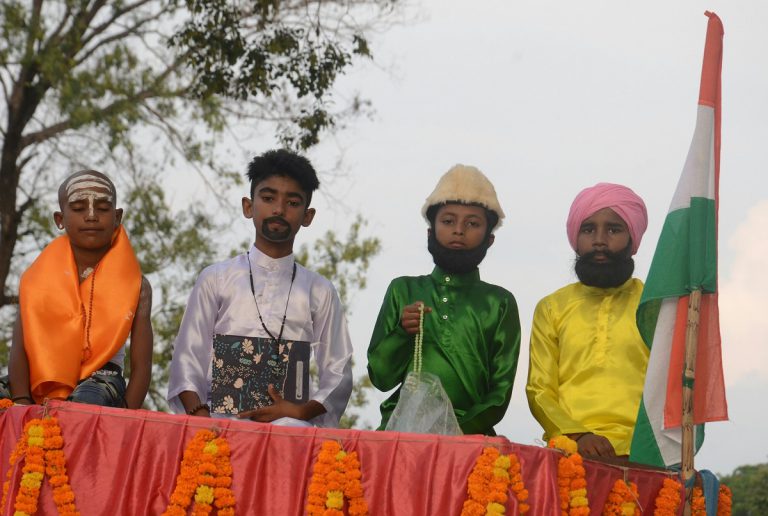
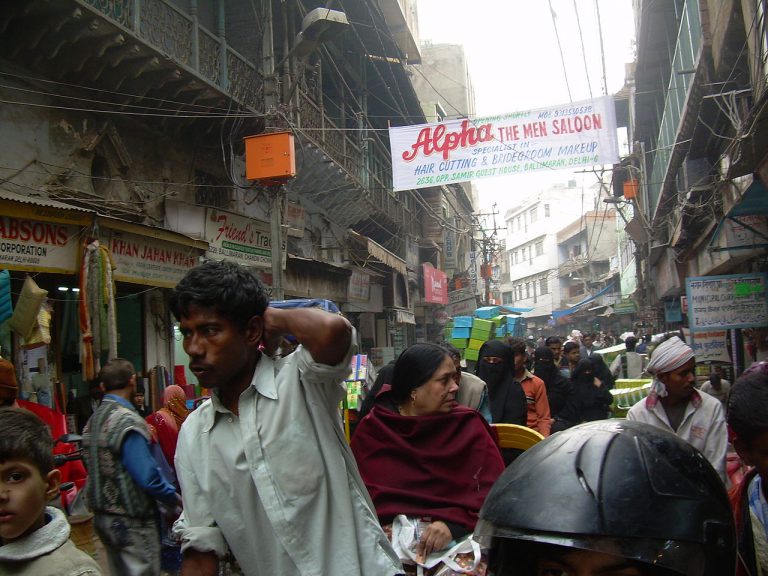
in my humble opinion, I don’t think Rhea’s Character Assassination had anything to do with Patriarchy. It was more of a paid propaganda in order to politicize the issue. The credit goes to these big media houses holding up such informed discussions with such well versed and intellectually sound panelist on the prime time. In a country like India when news stories can not have a shelf life of more than a day or two, Sushant’s story is run for almost a month. clearly, the story is a camouflage to serve a different purpose. Now you bring an important point of Jia Khan’s suicide. I believe if that story had also aired equally long, we would have seen some required traction in that case too. Since, there wasn’t anyone footing the bill, the story suffered the same fate as any other regular news story. I think in Sushant’s case had the roles been reversed, keeping these other factors intact, you would have noticed same outcome. These media trials destroying someone’s life is not new. Case in point, Jasleen Kaur-Sarvjeet Singh case from Delhi. although the case is bit different from Sushant’s case, we see that media jumping the gun actually destroyed someone’s life. So in a nut shell, this is a mere game of TRP’s and Propagandas, and will spare no one, regardless of their sex.
Thanks !